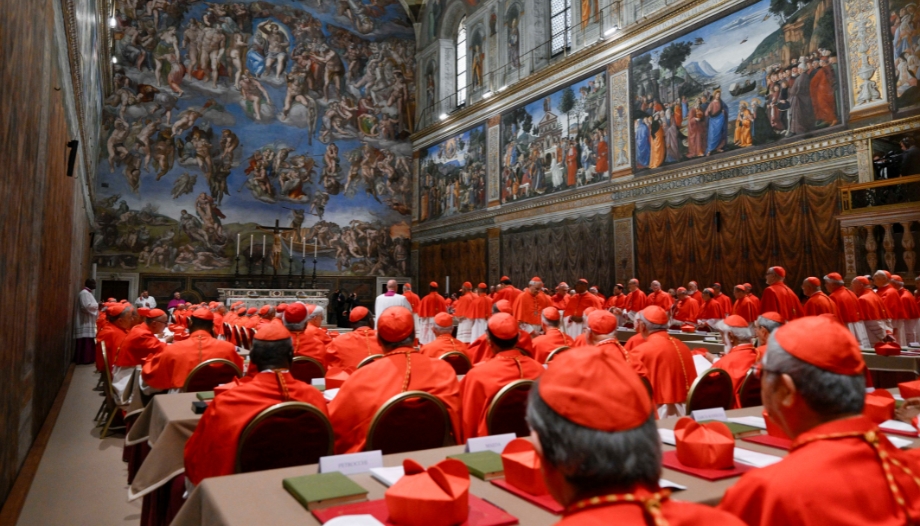After twelve General Congregations with more than 200 interventions, the cardinal electors have mapped out the priorities and crucial challenges that the future of the Church will have to face in the coming years. new Pope, Leo XIV.
An image that has been repeated in many interventions is that of the Pope as "pastor and teacher of humanity. Close to the wounds of the world, with a capacity for dialogue and without fear of tenderness, the Pontiff who is expected is the one who embodies a "Samaritan Church," ready to stop in the middle of the road to heal and accompany. In times of war and polarization, the Successor of Peter must be a spiritual guide, a bridge and a sign of hope.
Church Unity
In addition, the need to make the meetings of the College of Cardinals during the Consistories more meaningful has been highlighted. Beyond being formal instances, it was requested that they be real spaces for consultation, reflection and co-responsibility. Cardinals do not wish to be merely electors, but collaborators in the universal mission of the Church. This change implies a rediscovery of the role of the College of Cardinals in the ecclesial structure.
Internal divisions have also been noted with concern. The cardinals agree that the next Pope must be a guarantor of ecclesial communion, knowing how to integrate different sensibilities and avoiding both authoritarianism and relativism. Communion is not only an ideal, but a daily task that demands listening, patience and courage.
The debate on the power of the Pope has been present in the congregations. Some cardinals reflected on the limits and canonical structure of the Petrine ministry. The next Pope will have to exercise his authority as a service, with evangelical humility, respecting the synodal processes and recognizing the richness of the local Churches. It is a delicate balance between leadership and collegiality.
Economics, synodality and abuses
The economic situation of the Curia continues to receive attention. After the scandals of the past, a renewed push for transparency, austerity and sound economic management is expected from the next Pontiff. The sustainability of the Holy See must be guaranteed without losing sight of its evangelical character: to be at the service of the Gospel and not of power.
For the cardinals, synodality cannot remain a temporary process. The new Pontiff will have the task of promoting the real participation of all the faithful in the discernment and mission of the Church. Synodality is no longer a theological concept but a pastoral urgency.
Among the issues addressed was the need to eradicate the use of sexual abuse in the Church. The cardinals have demanded that this struggle continue with determination and transparency. Thus, the new Pope will have to consolidate prevention protocols, strengthen canonical justice and, above all, accompany victims with compassion and truth. Internal cleanliness remains a necessary condition for external credibility.
Peace and ecology
The cry for peace has been unanimous. In their final declaration, the cardinals called for a permanent cease-fire and negotiations that respect human dignity and the common good. The next Pope is expected to be an active presence on the international scene, as a moral mediator, defender of peoples and tireless promoter of dialogue. In times of war, the word of the Church must be clear, courageous and hopeful.
Concern for the planet is not only scientific, but also theological. The "integral ecology" proposed by Laudato Si' was reaffirmed as one of the great tasks of the future Pope. Care for creation is today a privileged field of evangelization and commitment. The Church must be an ally of those who struggle for a more just and sustainable world.







